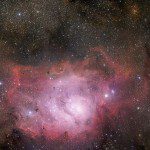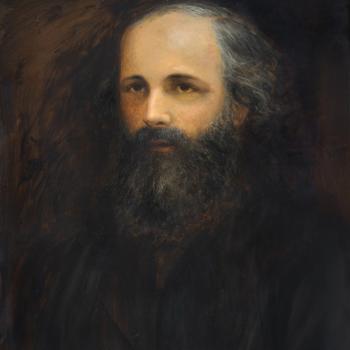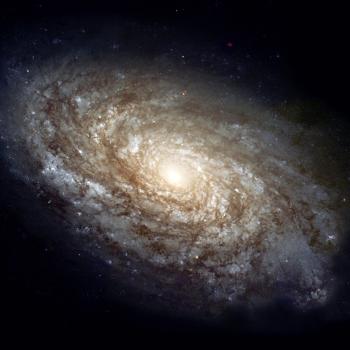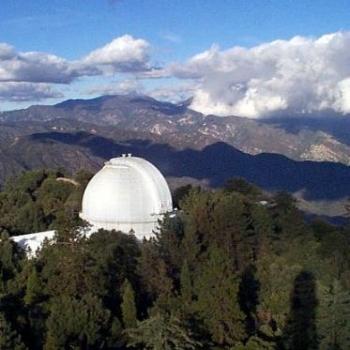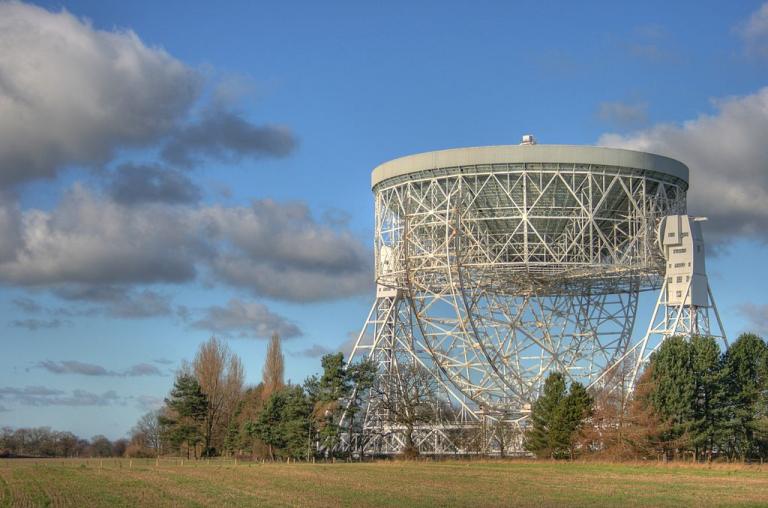
Despite its title (“The Neanderthal renaissance”), this slightly longish but quite interesting article isn’t actually about contemporary American politics:
***
From a Edward Reichman, a rabbi and a professor of Emergency Medicine and Epidemiology at the Albert Einstein College of Medicine in New York City:
“Scientists: Don’t Leave Religious Communities Out in the Cold”
***
“The ghostly presence of virtual particles defies rational common sense and is non-intuitive for those unacquainted with physics. Religious belief in God, and Christian belief . . . may seem strange to common-sense thinking. But when the most elementary physical things behave in this way, we should be prepared to accept that the deepest aspects of our existence go beyond our common-sense understanding.” (Antony Hewish, British radio astronomer and 1974 Nobel laureate in Physics)
“Nevertheless, just as I believe that the Book of Scripture illumines the pathway to God, so I believe that the Book of Nature, with its astonishing details – the blade of grass, the Conus cedonulli, or the resonance levels of the carbon atom – also suggest a God of purpose and a God of design. And I think my belief makes me no less a scientist.” (Owen Gingerich, former Research Professor of Astronomy and of the History of Science at Harvard University, currently senior astronomer at the Smithsonian Astrophysical Observatory)
“Scientific progress is the discovery of a more and more comprehensive simplicity. . . . The previous successes give us confidence in the future of science: we become more and more conscious of the fact that the universe is cognizable.” (Father Georges Lemaître [1894-1966], Belgian astronomer, physicist, and priest, and, arguably, originator of the theory of the “Big Bang”)
“The most incomprehensible thing about the universe is that it is comprehensible.” (Albert Einstein, German-American physicist [1879-1955])
“The idea of a universal mind or Logos would be, I think, a fairly plausible inference from the present state of scientific theory.” (Sir Arthur Eddington, British astronomer, physicist, and mathematician [1882-1944])
“Let me say that I don’t see any conflict between science and religion. I go to church as many other scientists do. I share with most religious people a sense of mystery and wonder at the universe and I want to participate in religious ritual and practices because they’re something that all humans can share.” (Sir Martin Rees, British cosmologist and astrophysicist; Astronomer Royal since 1995; president of the Royal Society 2005-2010; Master of Trinity College, Cambridge, 2004-2012.)



